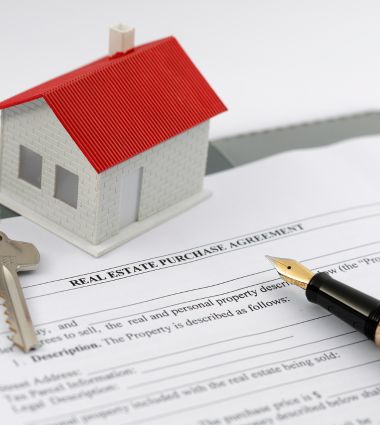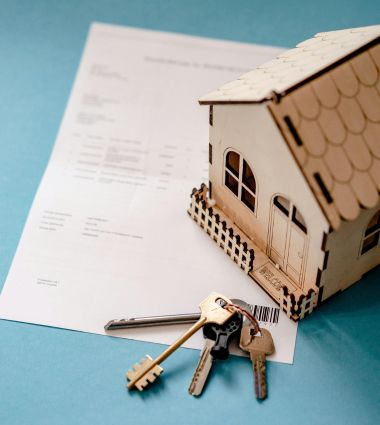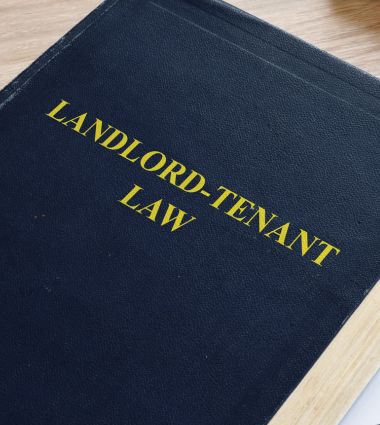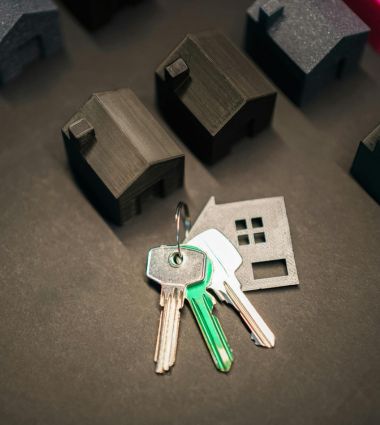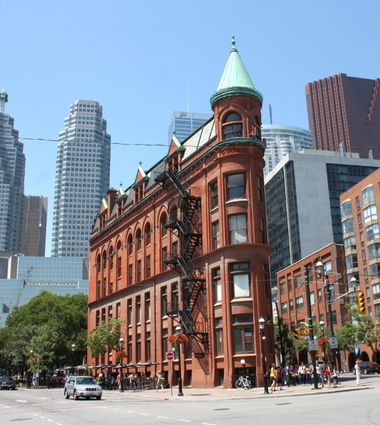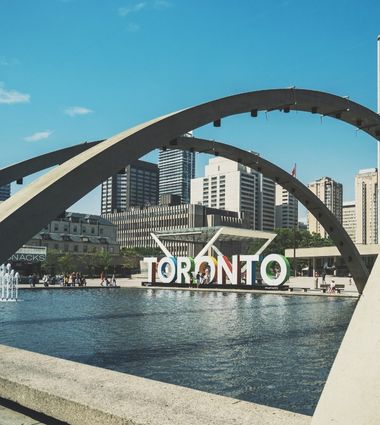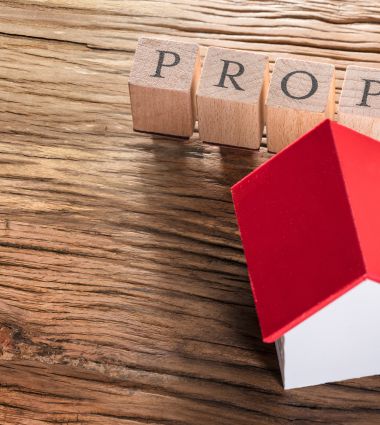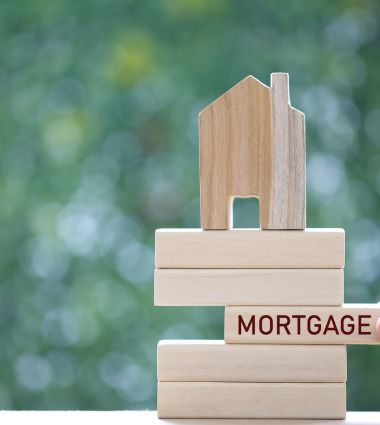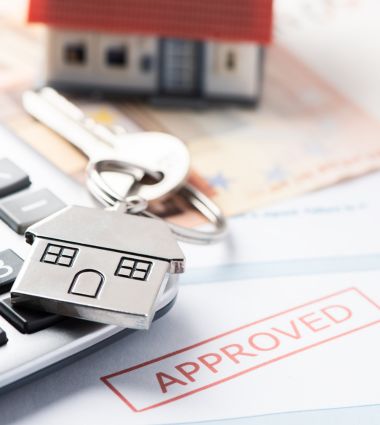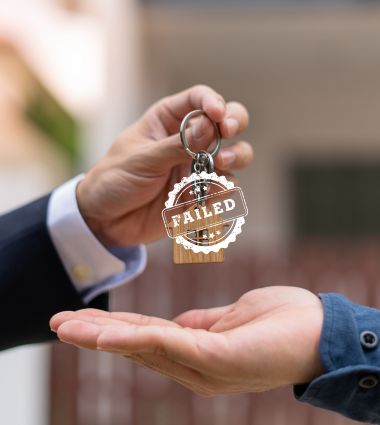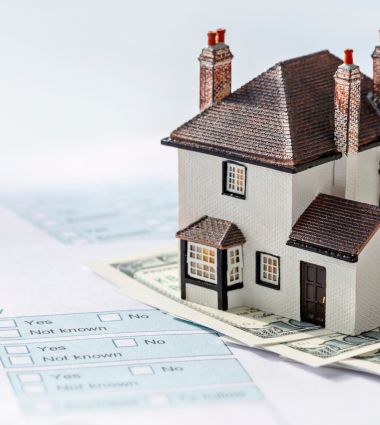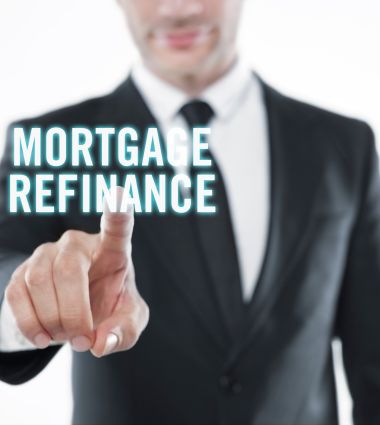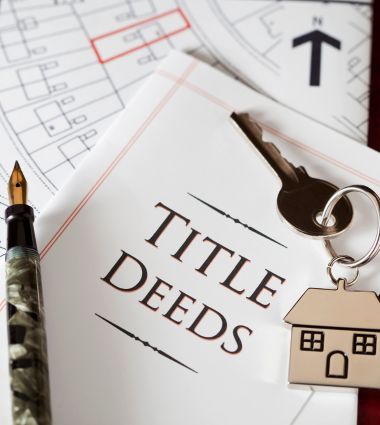Alternate Ways to Buy a Home Without a Mortgage
You have probably heard that the traditional route to homeownership requires getting a mortgage and making month-to-month payments over 15 or 30 years. But the rising housing costs and strict lending requirements have put this option out of reach for many buyers.
The good news is that you still have options to purchase property and start building equity without taking on mortgage debt. This article explores alternate ways to buy a home without a mortgage in Canada if your circumstances make it difficult to qualify for a traditional loan.
The strategies that will be discussed are using an existing portfolio of investments, seller financing, and rent to own which is a way to acquire the title to a property through unconventional methods.
You might be surprised how one can actually be a homeowner given the current state of the housing market. The process is going to be more rigorous than just getting a mortgage approval but with an open mind and some elbow grease, getting a home may not be as difficult as it seems.
Rent to Own: Alternate Ways to Buy Home Without Mortgage
Rent-to-own agreements, also known as lease-to-own contracts, provide an alternative way to buy a home without a mortgage. Under these arrangements, tenants pay rent for a fixed period of time, often 3 to 5 years.
Part of the rent is paid towards the purchase of the home in what is referred to as the down payment. At the end of the lease period, there is an opportunity to purchase the home outright based on the price paid during the lease period.
How Rent-to-Own Works
Canadian private companies provide rent-to-own options. Potential homeowners are screened just like tenants being considered for an apartment. If so, they enter into a lease agreement that includes an option to buy the property in the future.
The lease specifies the total rent, length of lease, and purchase price of the home, which is often higher than the current market value. A portion of each rent payment is credited towards the down payment.
At the end of the lease, the tenant can buy the home for the remainder of the purchase price. They can also walk away without penalty if they choose not to buy.
Benefits of Rent-to-Own
Rent-to-own provides several benefits for homebuyers. It enables them to acquire a home with little or no initial payments and gradually pay off for the house through rent which creates equity. The deferred payments can be considered more manageable and the expenses related to the house can be better planned.
Rent to own also gives more flexibility than a traditional mortgage. In case the situation changes, people can easily opt out of the contract without affecting their credit or risking foreclosure.
Drawbacks to Consider
There are some major drawbacks to rent-to-own agreements. Interest rates are often higher, and total costs can far exceed the home's actual value.
Residents are usually responsible for maintenance and repairs, and their rent payments do not build home equity until the purchase option is exercised.
Rent-to-own can be a risky path to homeownership, so buyers should fully understand the terms of their lease before signing with the help of the best real estate lawyer in Canada. With proper assessment, rent-to-own can be a viable way to buy a home without a mortgage. Fmo
Use Sweat Equity to Buy a Fixer-Upper Without a Mortgage

Use sweat equity to buy a fixer-upper without a mortgage by investing your time and labor into renovating a property. Building value this way reduces the need for traditional financing by allowing you to do hands-on work.
Do Renovations Yourself to Add Value
Being a potential homebuyer in Canada, you may also opt for a fixer-upper property meaning that you do not need a mortgage and use the money, energy, and time to improve the house on your own which will increase its value.
The basic concept of sweat equity relates to the time and effort that one puts into the repairs and renovations performed on the home. The increased value from your sweat can be used to make down payments.
To use this option among the alternate ways to buy a home without a mortgage in Canada you must look for a homeowner who is willing to sell his/her property below the market price or go for private sellers.
Be prepared to either do all the repair and renovation work personally or get help from relatives and friends. This may include tasks such as painting, landscaping, flooring replacement, plumbing repairs, electrical work, and more depending on the condition of the home.
Build Equity Over Time Through Improvements
As you complete improvements to the home over weeks, months, or years, you are building equity in the property through your labor.
For example, if you purchase a home for $200,000 that requires $50,000 in repairs and your work increases the value to $300,000, you have gained $50,000 in equity. This added value can be used as a down payment to obtain partial ownership or in some cases full ownership of the home.
The point is to keep detailed records of the hours spent working on the home and the value added through your improvements. You will need to provide this documentation to the seller or private lender to prove the equity you have earned in the property. Be sure any work completed meets local building codes and standards for the maximum added value.
With notable sweat equity, you may be able to buy a home in Canada without a mortgage or with a much lower down payment than is usually required. Additionally, understanding the legal aspects of mortgage and refinance transactions is essential.
It does require a major time commitment, sweat equity can be a very rewarding way to enter the real estate market without the burden of a mortgage. With patience and hard work, you can build equity in a home and finally own it outright.
Partner With Family Using Private Financing
If you have family members who are in a position to lend you money, they can provide private financing for your home purchase.
Spousal Loans
If you are married or in a common-law relationship, your spouse or partner may be able to lend you funds for a down payment or even the full purchase price of a home.
The CRA permits loans between spouses and common-law partners at the prescribed rate, which is currently at 2%. This enables you to steer clear of the high commercial mortgage rates. Your spouse would register a collateral charge against the title to secure the loan.
Joint Ownership
Instead of a traditional loan, family members can choose to be joint owners of the title of the home. They would provide some or all of the down payment, and be responsible for some or all of the monthly housing costs, but they do not have to live in the home.
This allows them to share in any capital gains when the home is sold. They can also withdraw their original investment at any time. You would need a co-ownership agreement to outline each party’s rights and responsibilities.
Private Lenders
Family members, such as parents, siblings, or other relatives can also act as private lenders. They would provide you with funds to buy the home, and you would pay them back with interest, rather than a commercial lender.
The terms and interest rate can be flexible based on your relationship. They can register a collateral charge against the title to secure the loan. You should still have proper loan documentation in place, outlining repayment terms, interest charges, and other conditions to avoid future conflicts.
By partnering with family through private financing, you can find alternative ways to buy a home without mortgage in Canada. Make sure any agreements are properly documented by a professional real estate lawyer to protect both parties. With clear terms in place, private financing from family can be a win-win situation.
Save Up and Pay All Cash

Save up and pay all cash to avoid the complexities of a mortgage and interest payments.
Save Money Aggressively
Save up money as quickly as possible to pay for the entire cost of a cash home. To save enough for a home purchase, you need discipline and commitment. Analyze your budget to find expenses you can reduce or eliminate, such as dining out, entertainment, and hobbies.
Put this money towards your savings fund instead. In addition, consider temporarily taking on a part-time job to generate extra income.
Invest for Growth
When you put money aside they should be used to yield the highest returns as possible. Check out high-yield savings accounts, money market funds, and GICs which are relatively safe means of earning more on your savings.
For the best returns, invest in the stock market through index funds or ETFs. Over the long run, the stock market has averaged annual returns of 7% after inflation. Reinvest any dividends or interest to benefit from compounding.
Make Additional Sacrifices
To save enough to buy a home outright in a reasonable time frame, you need to make temporary but major lifestyle changes.
One of the suggestions that can help reduce expenses is moving to a less expensive and smaller home. Consider selling items that are no longer necessary to you such as RVs, collections, or even an additional car you may own. It is important to be prepared to take on additional jobs, such as another job, or work as a freelancer, in order to earn more money.
The more sacrifices you can make in the short term, the faster you can achieve the goal of buying a home with cash.
Consider Less Expensive Housing Options
If buying a single-family home with cash seems out of reach, consider other options like condos, townhouses, or mobile homes which typically cost less.
You may also want to look at homes in more affordable neighborhoods or locations that are far from downtown. Buying a property that needs some repair or refurbishment is another way to quickly save money. Once you buy a home, you can repair and update it in your own way as your budget allows.
Paying cash is challenging but rewarding. With disciplined savings and a willingness to make temporary sacrifices, you can reach your goal of buying a house outright and avoid the burden of a mortgage.
A real estate lawyer can help find alternate ways to buy a home without a mortgage in Canada by ensuring all legal aspects are properly managed. They can assist with drafting and reviewing contracts for seller financing, rent-to-own agreements, or private loans, confirming your interests are protected.
They can also guide legal compliance and help resolve any potential disputes that may arise during the transaction.
Though securing a mortgage is the most common method of financing a home purchase, this article has shown that with careful planning, creativity, and an open mind, there are several viable alternate ways to buy a home without mortgage.
It is possible to buy a house or a condo without getting a traditional mortgage in Canada by saving money, considering Rent-To-Own transactions, or engaging in partnerships for co-ownership or building your own house.
These options are not easy, and they are not without risks, but these options put the control of homeownership in your hands through sweat and effort, rather than debt. With an informed, farsighted approach and an expert real estate lawyer by your side, a mortgage-free home may be within your reach.
Real Estate
Family Law
Wills & Estates
Immigration
Join Our Mailing List.
Sign up with your email to receive our newsletter and stay informed about the latest legal developments and special offers.












